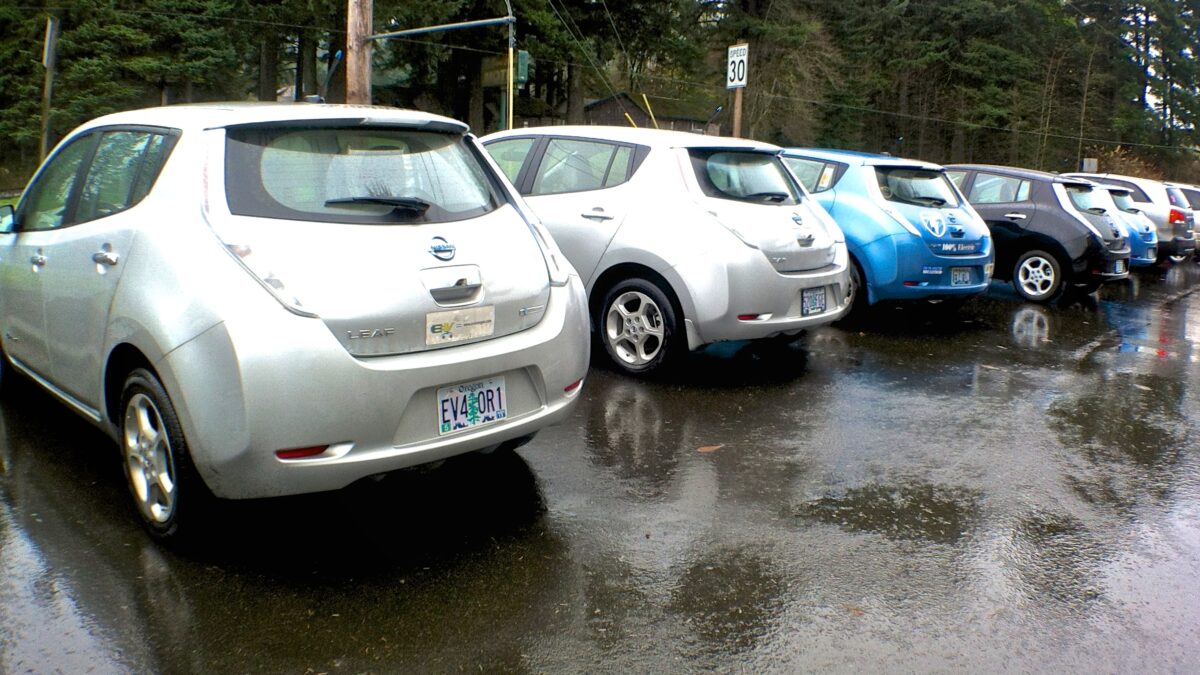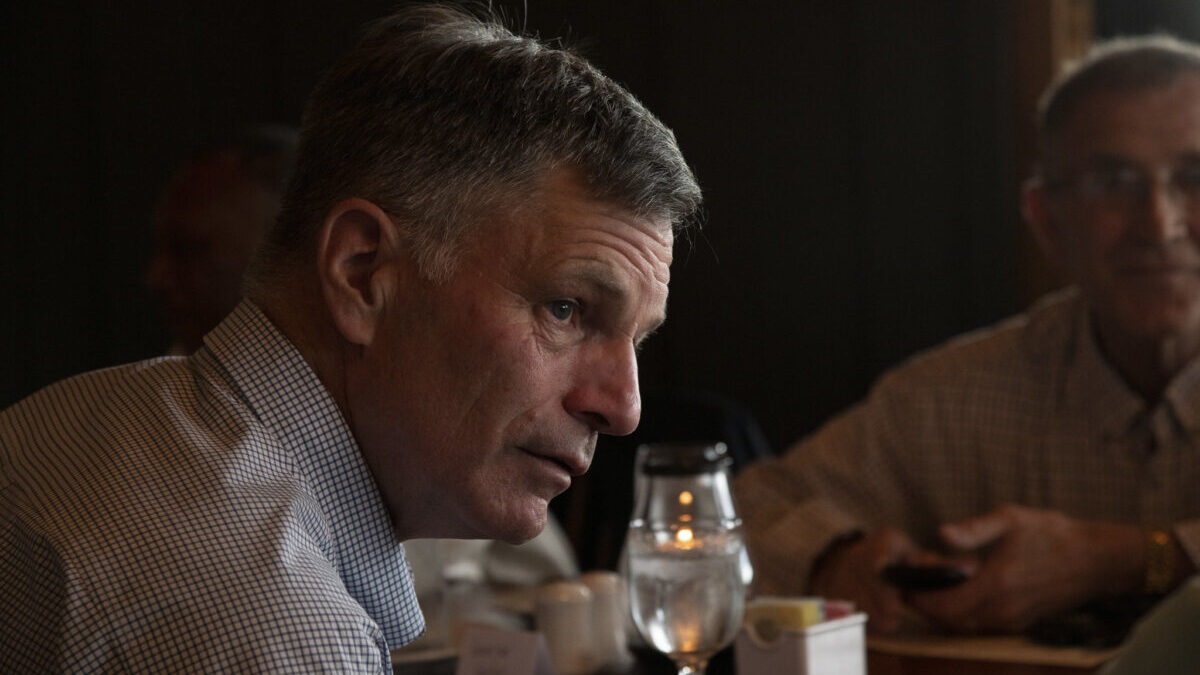In 1999’s The Matrix, Agent Smith, the movie’s chief antagonist, offers the following observation:
Every mammal on this planet instinctively develops a natural equilibrium with the surrounding environment but you humans do not. You move to an area and you multiply and multiply until every natural resource is consumed and the only way you can survive is to spread to another area. There is another organism on this planet that follows the same pattern. Do you know what it is? A virus. Human beings are a disease, a cancer of this planet.
This pretty much sums up the sentiments of the scientific community these days. Although not a scientist himself, journalist Alan Weisman, author of Countdown: Our Last, Best Hope for a Future of Earth, illustrates this this view of mankind perfectly. In a CNN article titled “We Don’t Need Another Billion People,” Weisman concludes that the best way to avoid the over-consumption that is sure to lead us into environmental calamity is to “control the number of consumers.” In other words, population control is like the vaccine for the human virus.
This line of thinking isn’t new. It seems like every time an academic scientist warns of the impending doom of the human race, they run to population control in order to solve the problem. The most notable example of this has to be social scientist and college professor Thomas Malthus, who warned in his 1798 Essay on the Principle of Population that the human population would soon expand beyond its capacity to feed itself. Humanity was a ticking time bomb that would detonate into an orgy of criminal behavior, war, and mass starvation. His solution, like Weisman’s, was to cut the excess surface population.
Of course, Malthus was wrong. Weisman and the modern scientific community will eventually be proven wrong, too.
But why are they wrong? To answer that, we can turn to one of Thomas Malthus’ contemporaries, Friedrich Engels. Although he was wrong about that whole labor theory of value thing, Marx’s partner in crime was a keen economic observer. He saw right through Malthus’ tales of doom. Engels writes of Malthus’ conclusions:
Even if we assume that the increase in yield due to increase in labor does not always rise in proportion to the labor, there still remains a third element which, admittedly, never means anything to the economist – science – whose progress is as unlimited and at least as rapid as that of the population.
Ironically, the social scientist Malthus ignores science itself as the greatest means for humanity to adapt to changing environmental conditions. Engels uses “science” as a catch-all for the stuff of human progress, but what he’s referring to more specifically is innovation. Innovation, or the application of science, would create greater crop yields and make more land arable which, in the end, would allow humanity to feed itself as the population expands.
Herein lies the reason that academic scientists like Malthus, his modern heirs, and their disciples like Weisman have such a poor track record when it comes to their doomsday predictions: they’re just not very creative people.
If you look at the last thousand or so years of world history, very few of the world’s greatest innovators have been professional scientists. Edison, for example, had over a thousand US patents to his name but not a single diploma.
Innovation is the creative solution to practical problems, which is why it generally originates from individuals who have practical experience. Those who spend their lives in academia rarely have a wealth of such experience. Instead they spend their lives in an environment where misanthropy is rewarded with grants and chairmanships. They’re happy to tell us all about the problem but then they half-ass the solution.
And yes, they are misanthropes. Who else could accept the idea that the solution to human suffering is fewer humans and see absolutely no contradiction in it? When they think about people they see a problem instead of possibilities. They lament the existence of another mouth to feed instead of celebrating the possibility that it could belong to the next Thomas Edison.
To be sure, science makes our world a better place. Professional scientists…not so much. If we want to keep the world from suffering from an over-abundance of hot air, we’d be smart to start by knocking them off their pedestals.
Nick Rizzuto is the Supervising Producer for Real News on TheBlaze TV.









